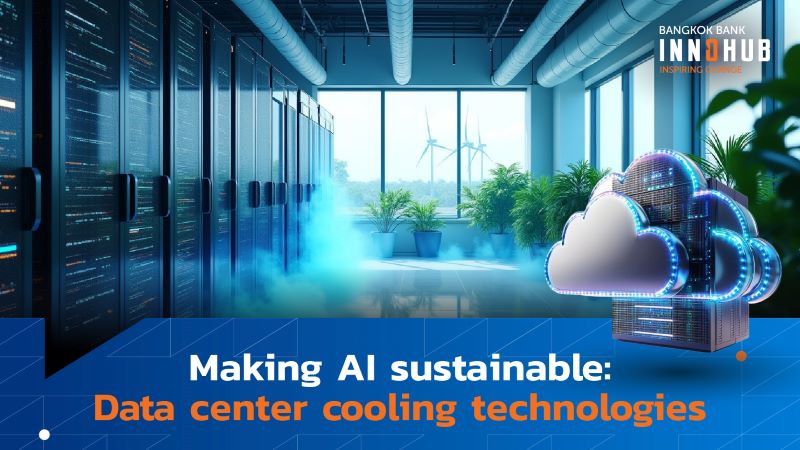The Future of Electricity-Producing Bacteria as an Alternative Energy Source
Food is an essential source of energy for our body. Once digested, our cells will undergo a process called respiration that converts oxygen and glucose into energy and carbon dioxide. However, for bacteria living in an oxygen-deprived environment such as an enclosed space or underwater, adaption becomes crucial to their survival. These hardy bacteria have evolved highly efficient mechanisms for producing electricity, some of which involve anaerobic digestion and release of electrons as a by-product—hence electricity.
The discovery of electricity-producing bacteria has propelled scientists to explore ways to harness them, as reflected by the invention of microbial fuel cells in which bacteria are fed with organic waste from water or soil to generate electricity. These electricity-producing bacteria bring a glimmer of hope to scientists as they can consume almost all types of organic compounds. Studies also reveal that microbial fuel cells are more efficient than internal combustion engines.
Nonetheless, pinning down the electrical properties of bacteria has been a challenge because bacterial cells are small and difficult to grow in laboratory conditions. Recently, however, a research team from MIT has successfully developed a technique for assessing bacteria’s polarizability—the ability to produce electricity—in a fast and efficient manner. There is no doubt that this new technique will bring the application of electricity-producing bacteria closer to reality.
By applying voltages to a sample of bacteria in a microfluidic channel and measuring the voltage required to activate each sample, researchers were able to calculate their polarizability. Bacteria with a higher polarizability were found to be more electrochemically active.
This technique enables scientists to select the most appropriate bacteria for a specific function, making them more readily available in technological applications. Scientists have anticipated that electricity-producing bacteria can be harnessed for a wide range of benefits, from powering eco-homes to serving as an alternative energy source in an anaerobic environment such as underwater or in outer space, or even in wastewater treatment. NASA is conducting its own research in the hope of finding ways to use these electricity-producing bacteria to power future space missions.
Read more >> Decode Thoughts with Mind-Reading Technology




